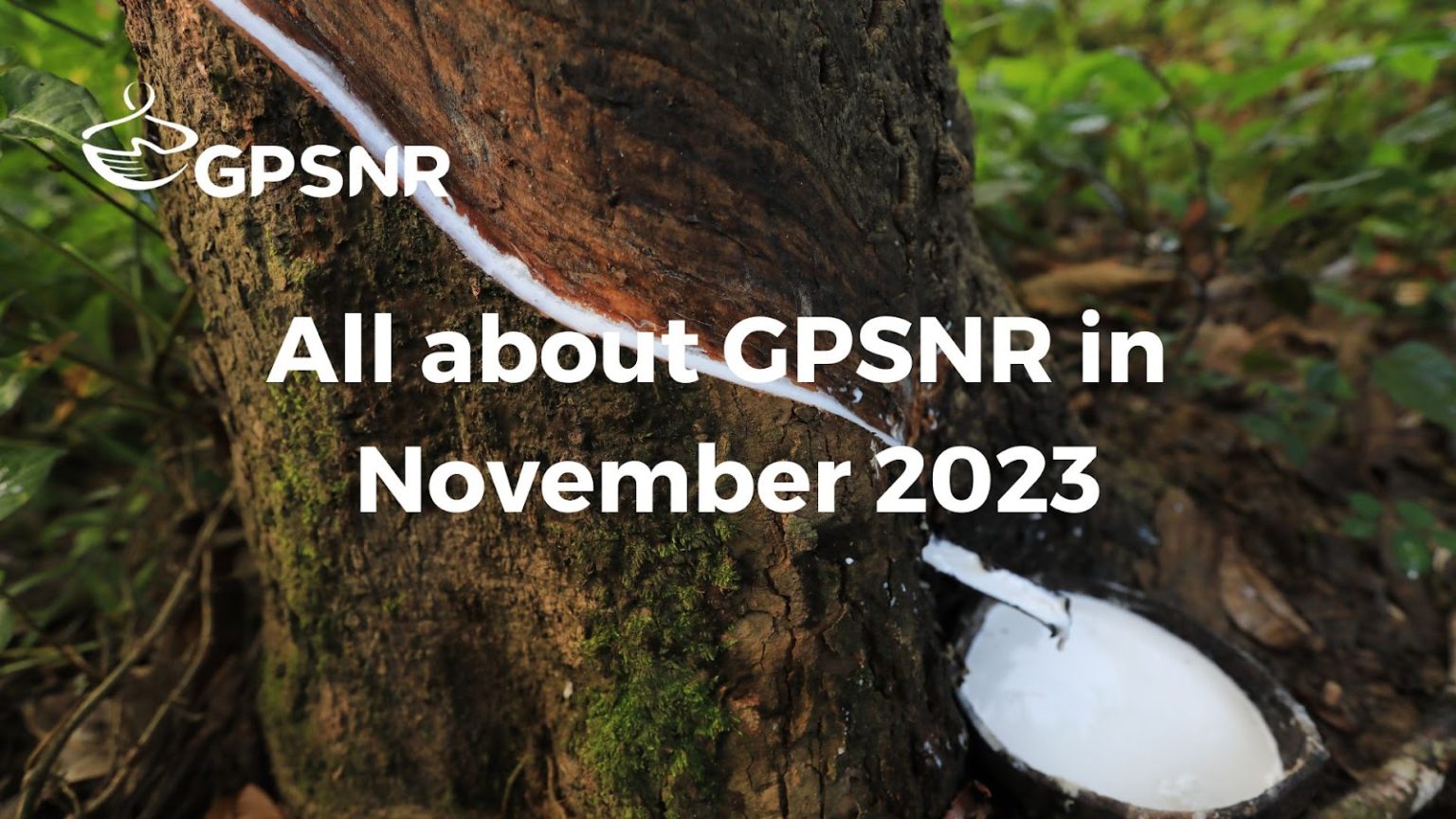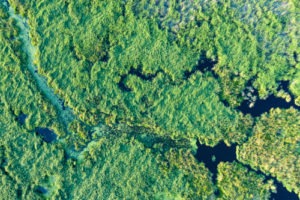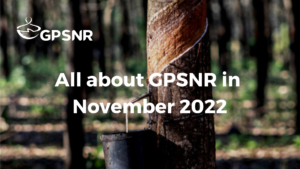Strategy and Objectives Working Group: Following the approval of the Assurance Model resolution (5b), the Assurance Model Task Force is working with ASI in developing the Assurance Model including aligning with current normative documents, engaging members for consultation, and pilot testing.
In parallel, the Risk Subgroup hosted a webinar focused on traceability and shared findings from their traceability pilot projects.
The Risk subgroup has decided to temporarily pause its activities until December, allowing time for ASI to complete the Assurance Model alignment. ASI has commenced its task of aligning key GPSNR documents. These documents aim to lay a solid foundation for the complete Assurance Model. Upon the completion of this alignment process, the fully drafted Assurance Model will be presented to the members for consideration and approval.
Smallholders Representation and Capacity Building (SCB) Working Group: The Indonesian subgroup presented their quarterly reports for two GAP Coaching projects and one Disease Fighting project on October 27, 2023. In addition, GPSNR secured a joint collaboration letter with RAOT and invited all member companies to participate in the Thailand GAP coaching project in Bueng Kan and Chiang Rai provinces. The Thailand agroforestry project also received additional funding for further sub-projects.
The Digital Knowledge Sharing Platform (KSP) task force conducted a pilot user acceptance test and initiated socialisation sessions and training for smallholder farmers in Indonesia. They also announced a Request for Proposal (RFP) for KSP’s third phase, focusing on content development, with submissions due by November 24, 2023.
Rubber agroforestry workshops were held in Côte d’Ivoire from October 25-27, 2023, and information on capacity-building projects open for funding was shared with all members. The SCB WG will continue to oversee all ongoing projects, with efforts to plan logistics for smallholder representatives attending events in Thailand and France. The Thailand agroforestry subgroup is working on a supplemental agreement for additional projects.
Members interested in the Thailand GAP project in Chiang Rai and Bueng Kan are encouraged to contact cheewei@gpsnr.org for more information. The KSP task force plans to continue socialisation sessions and training in Indonesia and Thailand, aiming for the final user acceptance test by the end of November 2023. By the end of November, the task force will begin evaluating proposals for KSP’s third phase.
The Income Diversification and Rubber Agroforestry task force is preparing for its second Indonesian agroforestry workshop of 2023, scheduled for November 22-24. Additionally, a webinar is planned for November 30, 2023, to present findings from the HCSA-HCVN field trial.
Policy Toolbox Working Group: On November 22nd, WG1 met to discuss the quantification of the RR, data aggregation methodologies, and updates relating to the RR in the context of the Assurance Model. During the meeting, operational timelines and survey to gather information were set up.
Currently, Agridence is developing the digital platform, and the Secretariat plans to provide updates on the RR to ensure the platform is operational before the 2024 reporting cycle.
WG1 is also working on revising the Code of Conduct to include non-conformance measures for failing to update the Reporting Requirements, in line with the non-conformance measures approved by the Executive Committee in 2022.
Lastly, following the approval of the revised reporting requirements, the WG will proceed to develop the disclosure requirements for the Year 3 reporting cycle.
Shared Responsibility Working Group: The Assurance Model will be meeting with ASI to provide feedback on the proposed Assurance Model under development. Additionally, the Working Group has an open co-chair seat and is calling for volunteers to fill this position.






